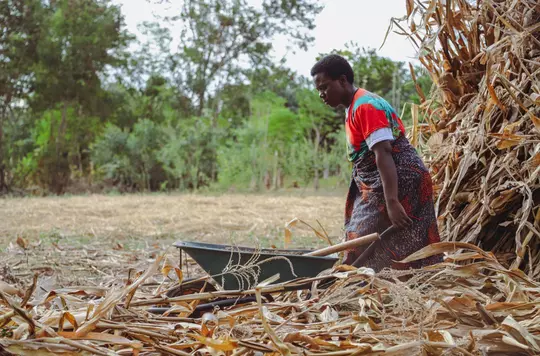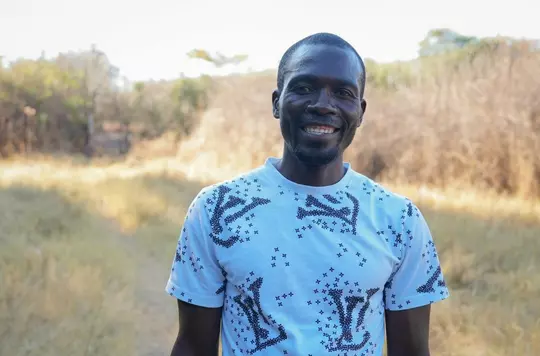29 June 2023
Clean water: Why is access important for women and girls?
Hayley Still
Hayley Still explores the positive impact a Salvation Army project is having upon lives in Malawi.
Last year, more than 2.3 billion people faced water stress and almost 160 million children experienced severe droughts.
The search for water is a daily challenge for millions of people, and the task of finding water often falls to women and girls.
Anastasia lives in the Karonga district of Malawi. Every day, she and the other women and girls in her village need to collect water for their families to use. There is no running water in her home, so they must walk for up to an hour to reach the nearest water source: the river.
During the dry season, Anastasia must scoop water from the shallow pools on the riverbed. With many others also at this river for this purpose, a great deal of time can be spent on collecting water. And this doesn’t factor in the time to journey to and from it.
Collectively, women around the world spend 200 million hours collecting water each day.
This time would be much better spent doing other things such as going to school, working to grow their household income, or spending time with family and friends.
This was evident to Anastasia and her community and they recognised that a solution was urgently needed.
As part of a large-scale, integrated water, sanitation and hygiene project across the Karonga district of Malawi, the village close to where Anastasia lives was identified as a suitable location for a borehole. This provides a source of clean water to those who live in the village and in the surrounding neighbourhoods.
The walk to collect water is much shorter and the borehole is in an open location so the incidences of sexual assault – which were common on the journeys to and from the river – have drastically reduced. The water collected is clean and now safe to use.
Anastasia shared what this means to her and the other women in her village. She said: ‘We used to face the challenge that our water source was shared with animals. This meant we were often ill and our children suffered cholera frequently and had to visit the hospital regularly.
‘In the past we were working in isolation, but now we work together. The Salvation Army has really supported us to cement our relationships. Before the project, women had no place in committees but now women do, for example, I am a member of the Water Point Committee that helps keep the borehole working.
‘More than 200 households use this borehole, so, in the future, we hope to construct another one.’
Written by

Hayley Still
UK Engagement Co-ordinator, International Development
Discover more

Benjamin Gilbert explains the differences and links between the Army’s two major international appeals.

Connecting Salvationists around the world so that we can learn from and support one another.
